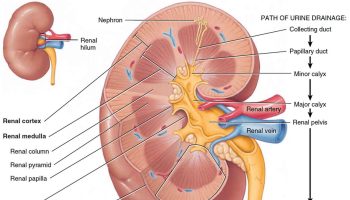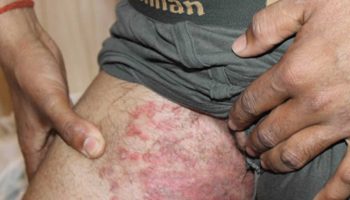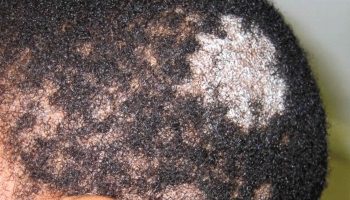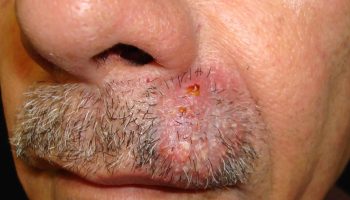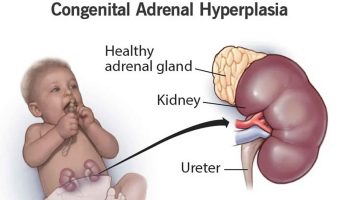What is diabetes? Diabetes also known as diabetes mellitus, is a disease that occurs when your blood sugar, also called blood glucose, is too high (hyperglycemia)
Common Conditions
What is uremia Uremia is a serious clinical condition associated with worsening kidney function and it is characterized by fluid, electrolyte, and hormone imbalances in addition
Folic acid deficiency Folate also known as “folacin” or “vitamin B9,” is a water-soluble B vitamin that is naturally present in some foods is called
Tinea cruris Tinea cruris also commonly known as jock itch, is a surface (superficial) fungal or ringworm infection that affects the skin of your genitals, inner
Tinea capitis Tinea capitis or scalp ringworm, is a very common fungal infection of the scalp hair follicles and the surrounding skin with a dermatophyte
Tinea barbae Tinea barbae also known as "beard ringworm", "barber’s itch" or tinea sycosis, is the name used for fungal infection of the skin, hair, and
What is transient global amnesia Transient global amnesia is a temporary, inability to form new memories (anterograde amnesia) and a variable impairment of the past memory
What is Treponema pallidum Treponema pallidum is a sexually transmitted spirochete bacterium that causes syphilis. Treponema pallidum belongs to the spirochete class and is a
Congenital adrenal hyperplasia Congenital adrenal hyperplasia also called "CAH" or 21-hydroxylase deficiency (21OHD), is a group of rare inherited autosomal recessive disorders that affect the adrenal
What is histamine intolerance Histamine intolerance is the results of a disequilibrium of accumulated histamine and the capacity for histamine degradation ((Laura Maintz, Natalija Novak;
Lactic acidosis Lactic acidosis occurs when lactate production exceeds its metabolism in your body. Common criteria for the diagnosis of lactic acidosis include a plasma lactate
What is lime essential oil A lime (Citrus Aurantifolia) also known as the Key Lime in the USA and the Mexican Lime, is a hybrid

